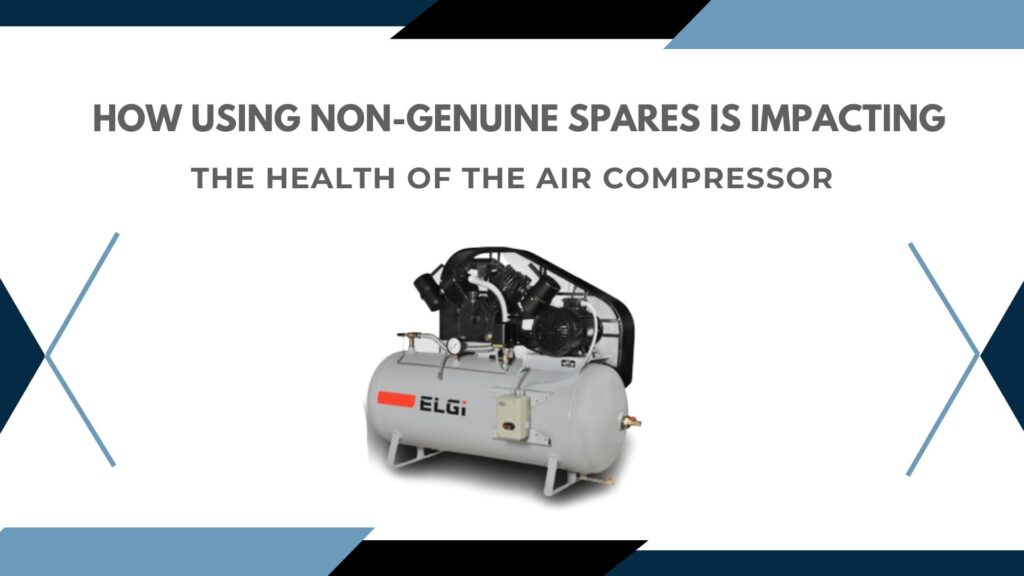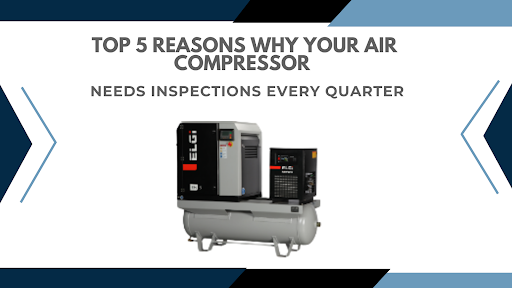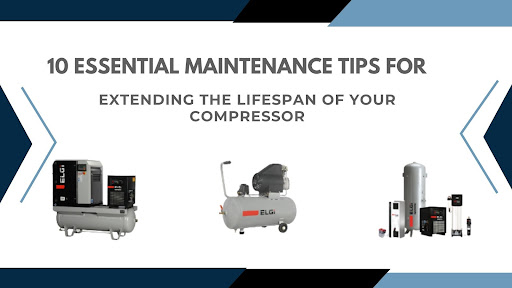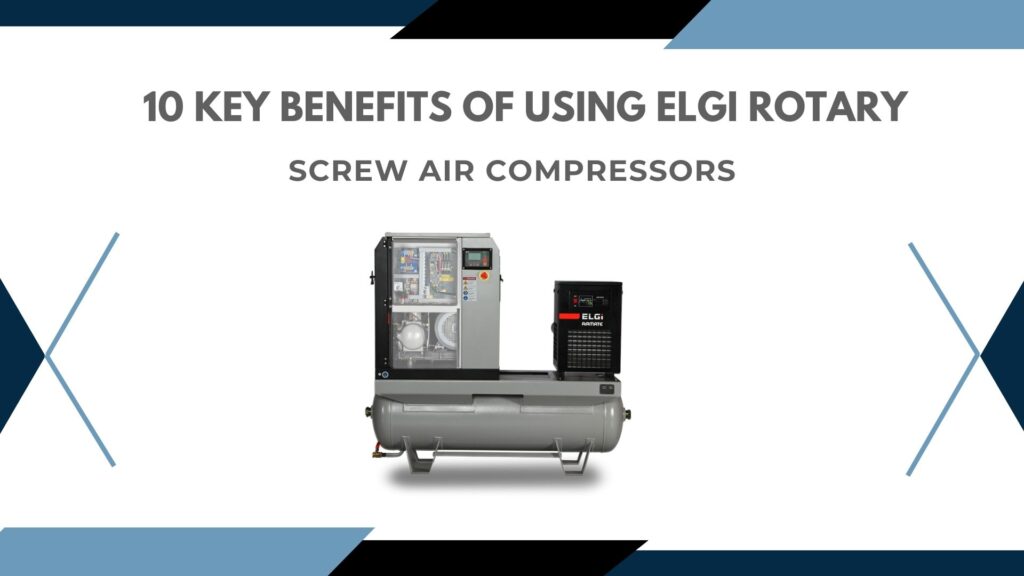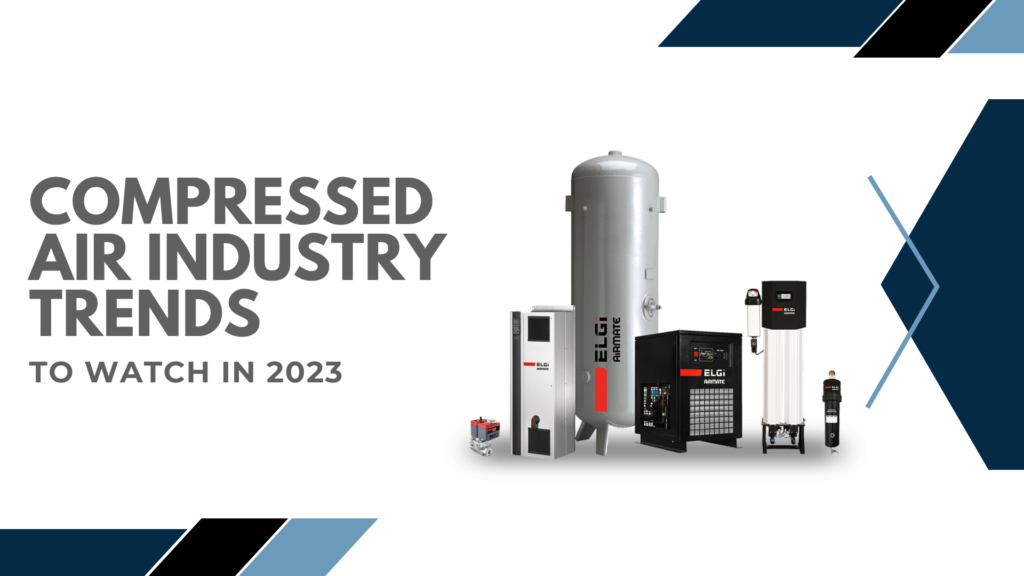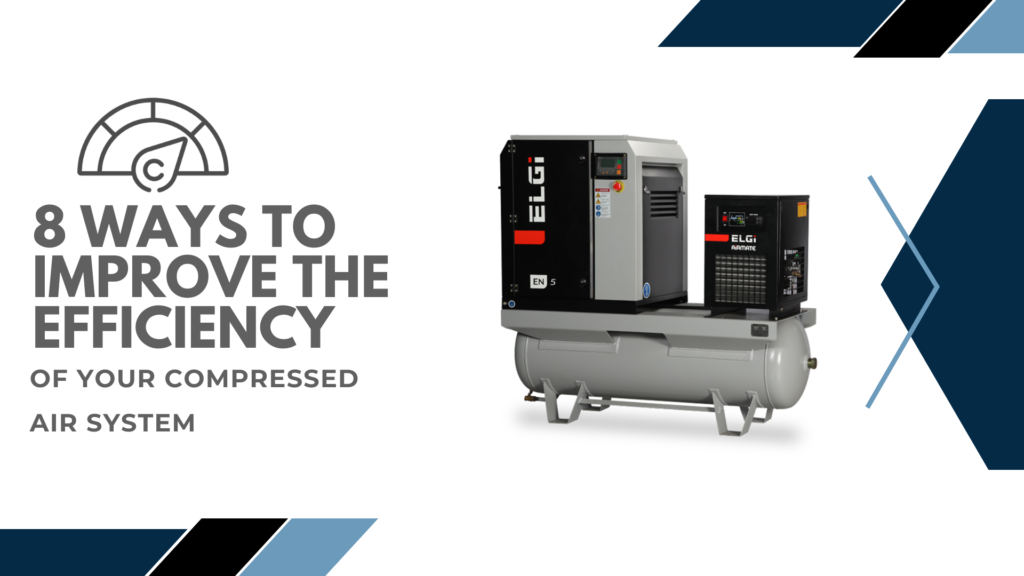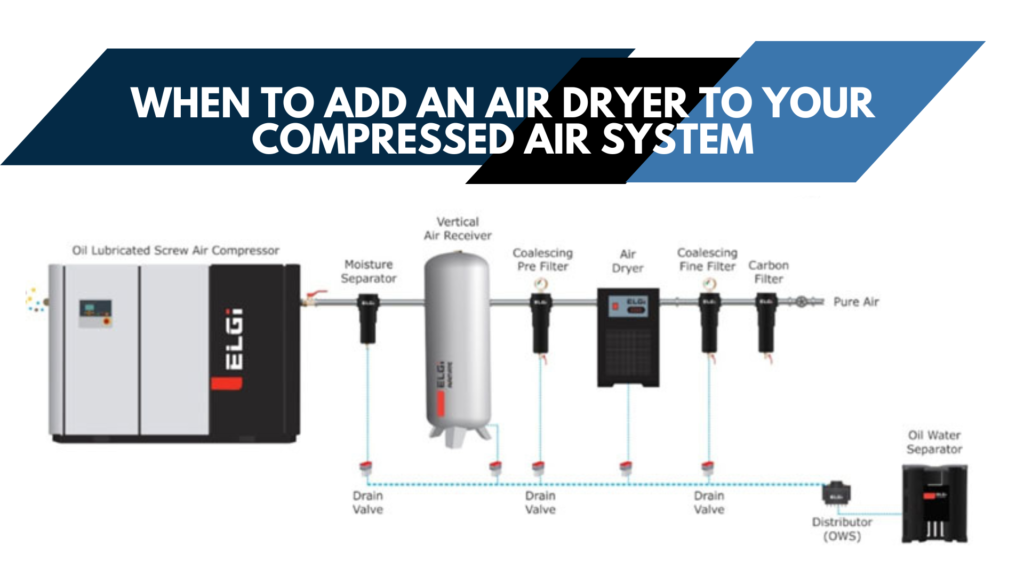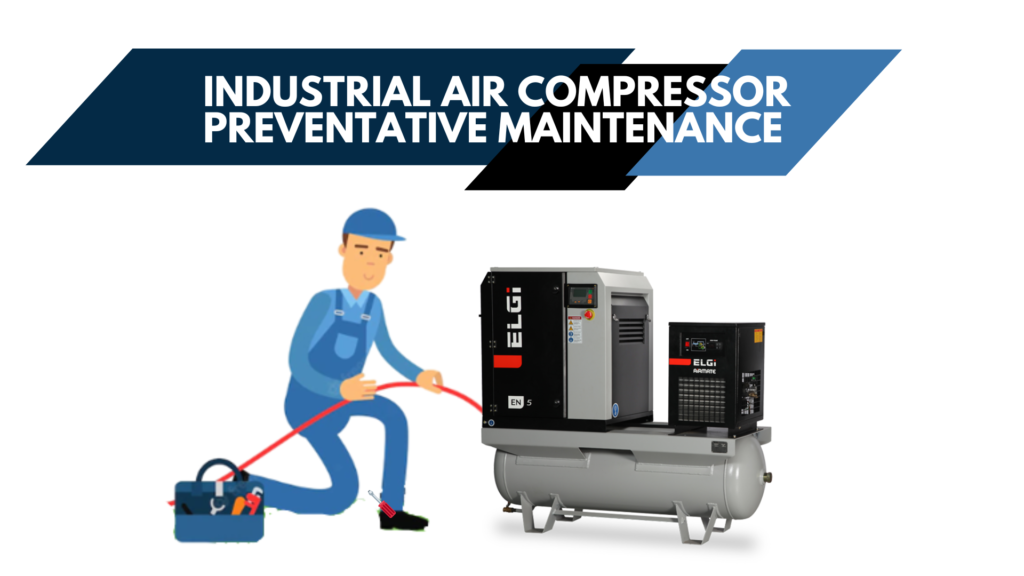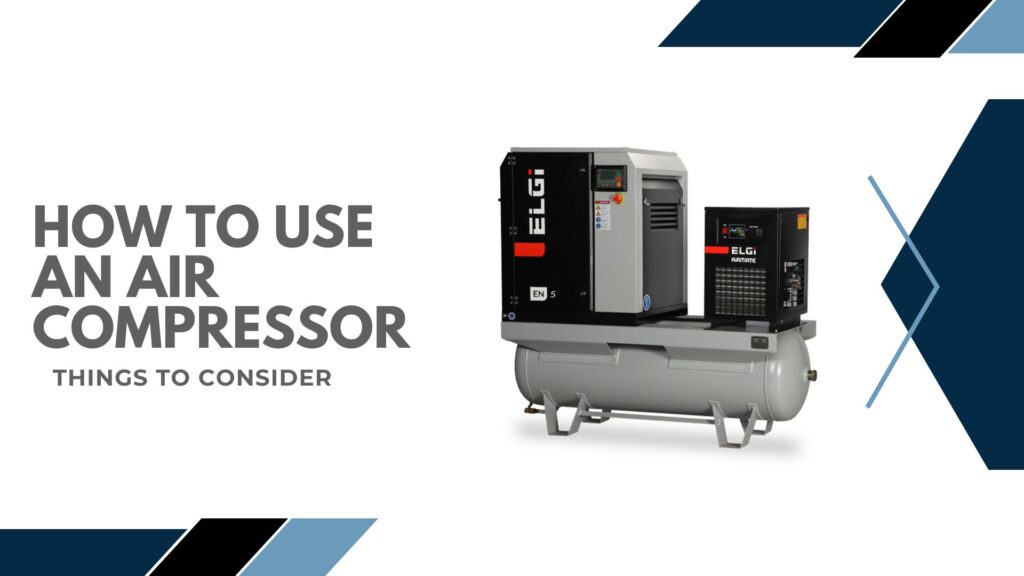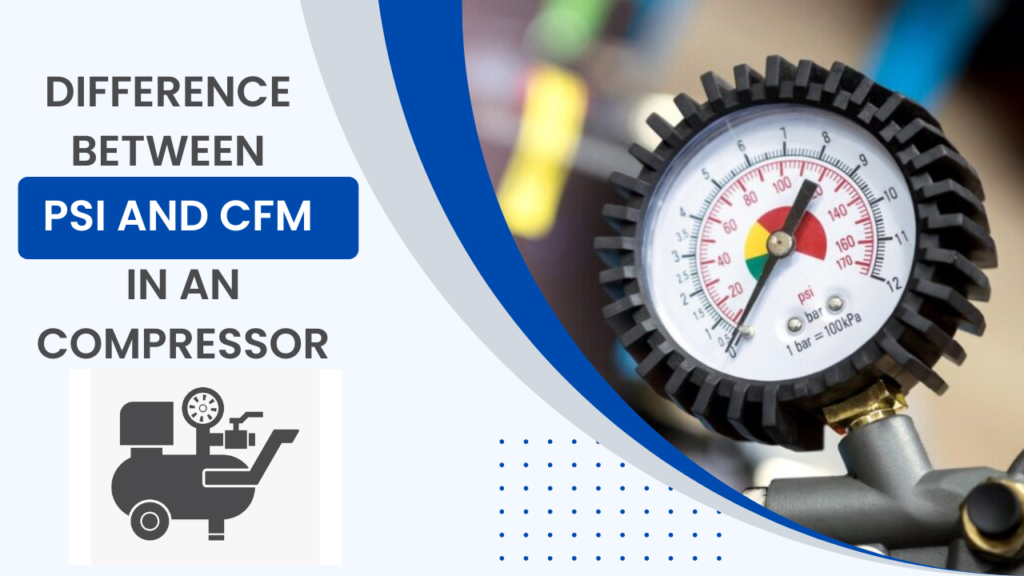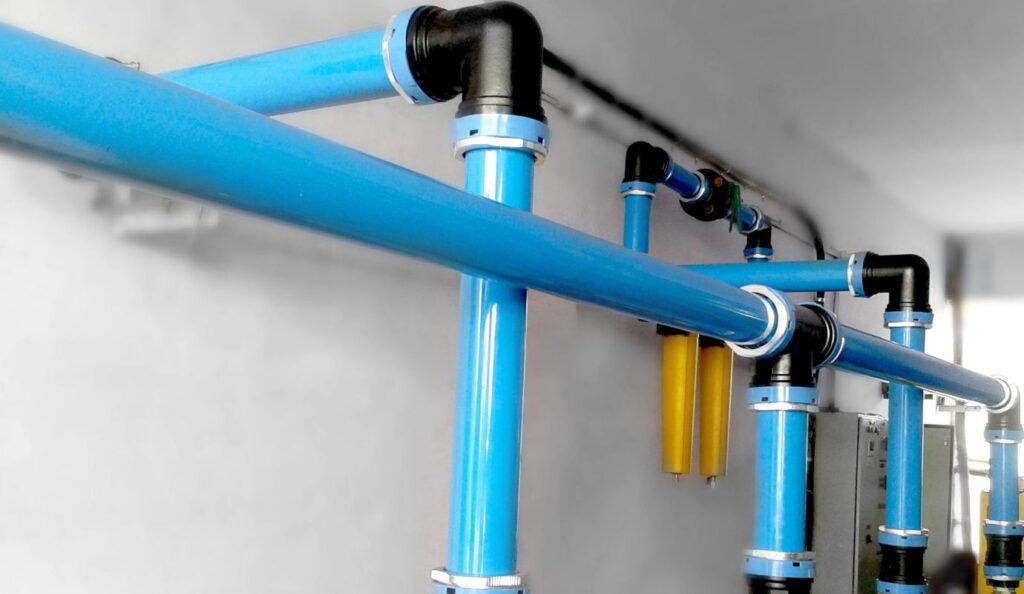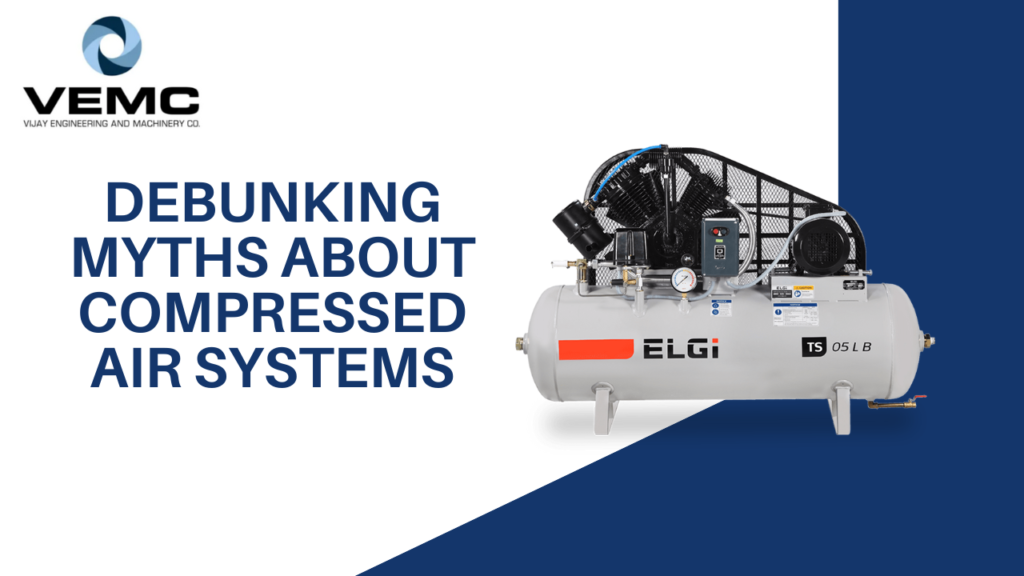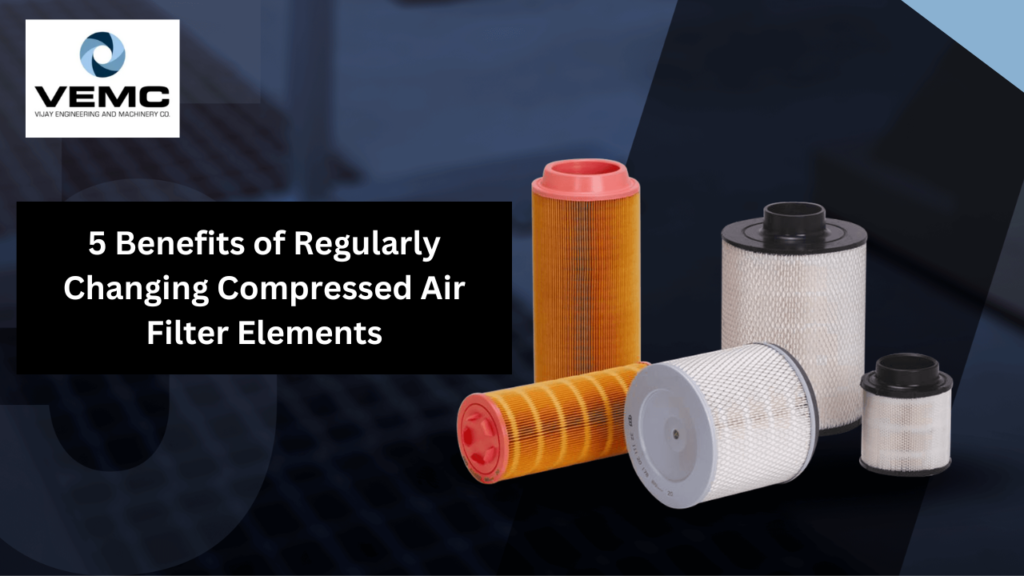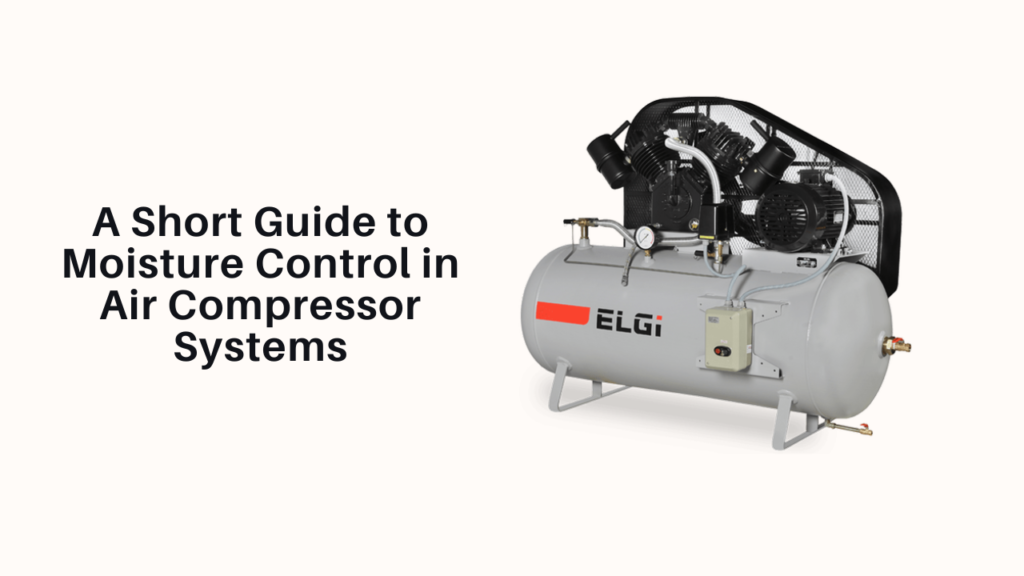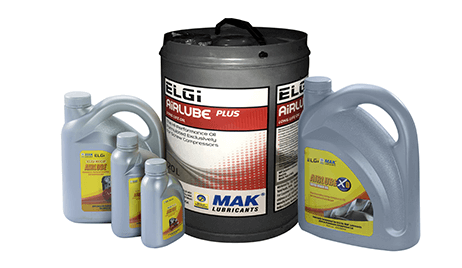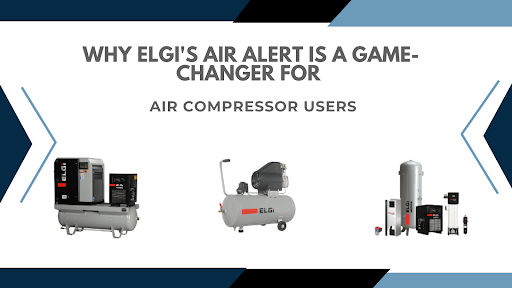
Air compressors produce compressed air that provides energy to power various devices or machines in industries. Due to the enormous amount of energy they produce, air compressors find application in a variety of industries and operations. Air compressors are useful tools with hefty investment and owners naturally want them to last long. With ELGi’s Air~Alert system in place, owners can monitor the various parameters of their compressors regularly, provide recommendations, and avoid downtime. We are the leading ELGi air compressor dealers in Mumbai and in this blog we tell you why ELGi’s Air~Alert is a game-changer for air compressor users.
Why have Air Alert systems
Air~Alert systems basically gather information on all parameters from the air compressor. This information is later used for in-depth analysis and improvement. The intelligent insights that the gathered data provides helps users plan and schedule maintenance and enhance the efficiency of their air compressor.
How Air~Alert works
The air compressor operational and performance data is acquired from the compressor controller, encrypted and sent to secure servers. The data is then processed using smart algorithms to come up with predictions, actionable alerts, reports, and trends. These are sent to the user’s dashboard and as text messages.
3 modules are involved in this entire process: Data collection & storage, failure prediction and detection, and alerts & reports. In the first module, data is gathered, stored, and organized. The second module predicts if the compressor will fail in the future. In the third module, alerts and reports are turned into actionable insights.
User benefits
ELGi Air~Alert system is a perfect fit for Industry 4.0. It is powered by technologies like AI and IoT which ensure the insights are timely, accurate, and actionable. It has some outstanding benefits for users:
1. With Air~Alert, users are kept informed about critical information that helps maintain the health of the compressor. For instance, it tells the users what the optimum pressure band for a particular task is. Likewise, it helps the users in leak detection which reduces the wastage of electricity.
2. Various industries have successfully tested the Air~Alert system. In a pipe company, Air~Alert contributed about 40% savings to the company. In the textile industry, it helps identify choked filters by detecting abnormal pressure readings.
3. Air~Alert notifies users ahead of time about upcoming service and maintenance schedules. This reduces the possibilities of breakdown. It can also forecast potential faults and failures in advance minimizing downtime and unplanned repair costs.
4. The Air~Alert system provides 24/7 monitoring of parameters such as usage, discharge pressure, oil temperature, total running hours, VFD speed, etc. The live data is streamed to users’ PCs, laptops, or smartphones and can be accessed from anywhere through a user-friendly dashboard.
For more information on the ELGi Air~Alert system, get in touch with VEMC by calling 022 43436655 or emailing us at marketing@vemc.co.in. We are the leading ELGi air compressor dealers in Mumbai. Whether you’re looking for ELGi reciprocating compressor or a screw compressor, we have you covered.


